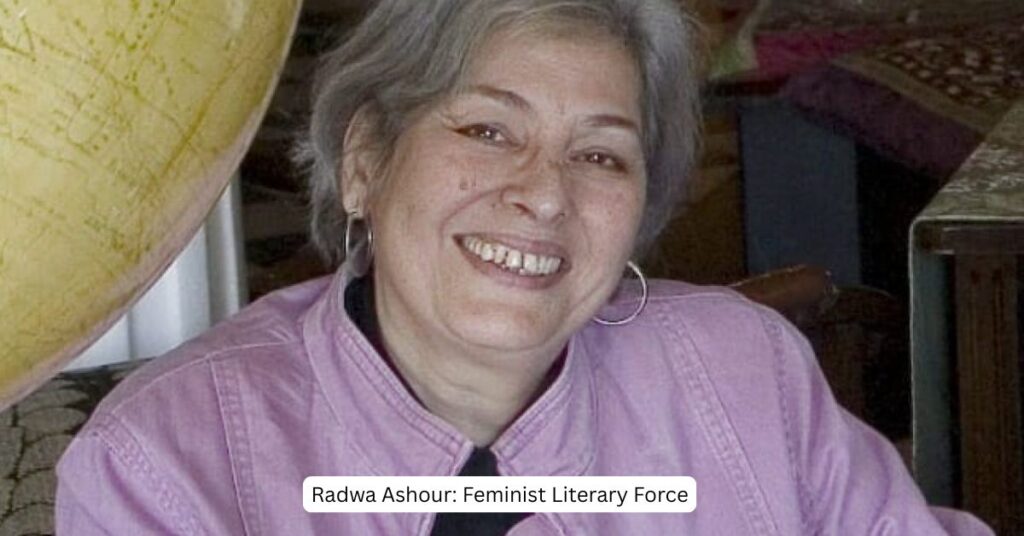Radwa Ashour (1946–2014) stands as one of Egypt’s most influential literary voices, known not only for her powerful novels but also for her unwavering commitment to feminism, justice, and cultural identity. As a writer, academic, and activist, Ashour used her pen to challenge political oppression, highlight the struggles of marginalized groups, and carve out a space for women in Arab literature. Her legacy continues to inspire readers and writers worldwide.
Early Life and Academic Journey
Born in Cairo, Radwa Ashour grew up in a politically active household that deeply influenced her worldview. She pursued English literature at Cairo University before earning her Ph.D. in African-American literature from the University of Massachusetts Amherst. This academic background enriched her writing, allowing her to weave together themes of resistance, cultural identity, and liberation with a global perspective.
Literary Contributions
Ashour’s novels and essays reflect a deep engagement with history, politics, and personal struggle. Her works often highlight the intersections of gender, nationhood, and memory. Some of her most celebrated writings include:
- “Granada Trilogy” – A historical series that explores the fall of Muslim Spain and the displacement of its people, reflecting themes of exile, cultural loss, and resilience.
- “A Woman from Tantoura” – A novel that tells the story of a Palestinian woman’s survival after the Nakba of 1948, shedding light on the experiences of women within historical trauma.
- “Specters” – A semi-autobiographical narrative that intertwines her personal life with political and cultural struggles in Egypt.
Through these works, Ashour gave voice to the silenced, particularly women who endured both political and social constraints.
A Feminist Voice in Literature
Radwa Ashour’s feminism was not confined to academic discourse—it was embedded in her storytelling. She highlighted women’s resilience in the face of patriarchal oppression, offering nuanced portrayals of female characters who refused to be passive observers of history. Her narratives challenged dominant male-centered perspectives and validated women’s lived experiences in contexts of war, exile, and authoritarianism.
Her work also extended beyond literature. As a professor of English at Ain Shams University, she mentored generations of students, encouraging women to pursue intellectual and creative paths often denied to them. Her marriage to Palestinian poet Mourid Barghouti and her support for Palestinian rights further underscored her commitment to justice and solidarity.
Legacy and Influence
Radwa Ashour remains a feminist literary force because she blended artistry with activism. She showed that literature could be both aesthetically rich and politically engaged. Her works continue to be studied globally for their insight into Arab history, women’s rights, and cultural memory.
In a world still grappling with gender inequality and political repression, Ashour’s voice resonates as a call for courage, resilience, and justice. She not only redefined the role of women in Arabic literature but also elevated literature itself as a tool for empowerment and resistance.
Conclusion
Radwa Ashour was more than a novelist; she was a cultural warrior and a feminist trailblazer. Her stories serve as a reminder that women’s voices are essential to shaping history and literature. By confronting oppression and amplifying marginalized experiences, Ashour left behind a legacy that continues to inspire future generations of writers, thinkers, and activists.





